Social Media, Selfies and Self-Esteem: 4 questions to ask your teen and helpful messages to discuss13/5/2024
How can you support your teen’s development in the age of social media? Self-esteem development during adolescence is an important area of focus for psychology. Self-esteem refers to the judgements young people make about their worth as a person and is closely associated with mental well-being. The way that we are communicating with peers has changed dramatically over the past decade with the growth of social media platforms such as Facebook and Instagram. Although social media has made communication and keeping up with peers easier, it has brought about an added pressure to adolescent’s self-esteem development. It has never been easier to compare yourself to peers than it is right now. On social media, your life is on show and young people are able to create a beautiful ‘highlights reel’ which is often unrealistic and highly filtered. This in turn feeds comparison to unachievable standards and can leave you feeling not good enough. Here are some conversation starters to have with your adolescents as well as some helpful messages that we need to be sending about social media. Sit down with your adolescent and ask them: “What does it feel like when your post doesn’t get many likes?” Helpful messages to discuss:
Look at Instafamous celebrities’ profiles with your child and ask, “What do you think about this person’s profile? What does their life look like to you?” Helpful messages to discuss:
“How do you feel when you compare your number of ‘friends’ to other people’s number of ‘friends’?”
"What inspires you on your social media feeds?"
Helping your teens to think about their motivations behind posting up that hundredth sexy selfie will help them (and you) to think about healthier ways of getting validation and building self-esteem. It’s probably not going to drastically change their posting behaviour, but it might help them to see their online behaviour through a new lens. Through having this conversation, you might be able to come up with ideas about other ways to feel confident – such as learning about their strengths and building on them. This is how positive self-esteem is developed. It might even help you to reflect on whether your child has enough opportunities to experience success and develop their strengths. If not, think about how you can facilitate this by increasing their opportunities in the ‘offline’ world. Remember, social media is a big part of your teens life so understanding more about it will help you to show your interest in your child’s life bringing you closer together which is so important for your relationship. If you have concerns about negative impacts that social media is having on your child’s self-esteem and you are unsure how to tackle this, speak with a psychologist skilled in this area. Parenting in the age of social media presents its own unique challenges. It's essential to recognise that as parents, you're navigating uncharted waters alongside your teens. Here are some compassionate and validating tips on how to support your teen in this digital age:
Model Healthy Habits: We often underestimate the impact of our own actions. Your teen looks up to you, so start by acknowledging that it's not easy for anyone to resist the lure of social media. Share your own struggles and triumphs in managing screen time. By modeling healthy social media habits, you're showing your teen that it's perfectly normal to have boundaries and take breaks. Understanding the Highlight Reel: Social media can be a breeding ground for comparison and self-doubt. It's crucial to discuss with your teen that what they see online is often a carefully curated version of reality. People tend to share their best moments, not their everyday challenges. Encourage your teen to see beyond the filters and highlight reels. Validation of Feelings: Your teen's emotions around social media are valid. It's okay for them to feel overwhelmed or anxious about it. Let them know that their feelings are understood and respected. This open dialogue can foster trust and make them more comfortable discussing their online experiences with you. Authenticity Matters: Emphasise to your teen that authenticity trumps perfection. They don't need to conform to unrealistic standards. Encourage them to be true to themselves and remind them that it's their unique qualities that make them special. Being authentic is far more valuable than striving for a "picture-perfect" image. "Disconnect to Connect" Time: To strengthen family bonds, consider setting aside dedicated times when everyone disconnects from devices and focuses on connecting with each other. Dinner time is an excellent opportunity for meaningful conversations. Encourage your teen to share their achievements, no matter how small, and celebrate their strengths. Active Listening: When your teen shares their wins or concerns, be an active and empathetic listener. Show genuine interest in their hobbies, interests, and aspirations. Ask open-ended questions and provide a safe space for them to express themselves. Addressing Challenges: Life isn't all about victories; it's also about overcoming challenges. Encourage your teen to open up about their struggles, assuring them that it's okay to seek help when needed. Your unwavering support will help them navigate life's hurdles with confidence. Consistency is Key: Make "disconnect to connect" time a regular part of your family routine. Consistency reinforces the importance of face-to-face interactions and sends a powerful message that your teen's well-being and experiences matter. Talking about Fabrication: Engage your teen in critical thinking about what they see on social media. Encourage them to question whether posts truly represent someone's life. Share your own experiences where social media didn't reflect reality, demonstrating that even adults are not immune to these illusions. Embrace Individuality: Finally, empower your teen to focus on their own values and interests rather than comparing themselves to others online. By helping them understand the constructed nature of social media, you're guiding them towards a stronger sense of self and confidence in their choices. Liz Greig. Provisional Psychologist  1.TikTok TikTok was created in 2016 as a social networking app designed to share user generated videos. Users can create and upload their own videos and browse and interact with other users' content. The TikTok ‘feed’ contains videos that are algorithmically selected based on its users past views and interest. Data from a 2022 survey conducted by PEW Research Centre showed that 67% of teens are actively using TikTok! Currently making TikTok the world's most popular social media platform. TikTok has been the subject of controversy recently as it has been critised for its use of algorithims that can push inapporiatye consent to users, including children and teens. TikTok can however be used for activism, education and other postivie purposes. Parents and guardians should be aware of the risks and benefits of the app, and monitor their teen's use of the app to ensure their safety and well-being.The following link (Parent’s Ultimate Guide to TikTok) is a useful resource to find out more about the functions of TikTok, how content is posted/ viewed and information about its safety features. https://www.commonsensemedia.org/articles/parents-ultimate-guide-to-tiktok  2. Instagram Instagram is a social media app created in 2010 as a way for users to post photos and videos, follow popular accounts and friends, and send private messages. Users can create and follow hashtags, join groups and communities, and share content through Instagram Stories and Reels. Instagram also offers features like Instagram Live, which allows users to broadcast live video to their followers, and Instagram Shopping, which enables users to shop directly from the app. The minimum age requirement to create an Instagram account is 13 years, however, like many social media apps there is no age verification process that eliminates people under 13 years from downloading and using the app. The type of content your teen might be seeing on Instagram varies depending on their personal preference and the accounts they follow. Some teens might be seeing content posted by friends, influences and/or meme accounts (accounts that focus on making funny, amusing content). Instagram does have a ‘sensitive content control’ setting, that allows users to choose how much potentially upsetting or offensive content they might see from accounts they do or don’t follow. Parents can also get updates about who their children are following, followed by and can set usage limits. It is important to note that Instagram accounts are made public by default, so if you would prefer your child's account to be private, they’re going to have to turn the privacy settings on manually. The following link (Parents’ ultimate guide to Instagram) is a helpful resource to find out more about how Instagram works and its potential risks and benefits. https://www.commonsensemedia.org/articles/parents-ultimate-guide-to-instagram  3. Snapchat Snapchat was created in 2011 as a way to share photos privately between two people. Now it can be used for a range of purposes, including sending videos, live video chatting, messaging, and sharing a ‘story’ that is broadcasted to all your friends. Other features include the ability to share your live location on a world map. Photos, videos, and messages sent through snapchat will disappear after they’re opened or after a default period of time (e.g., 24 hours). 13 years is the minimum age required to sign up for snapchat, however there is no age verification process currently in place when creating an account. Snapchat does have some parental controls through the privacy settings that allows parents to monitor their child’s snapchat activity. The following link (Is Snapchat Safe for Kids? A Parents’ Guide to Snapchat) can be used to find out more information about Snapchat, its features and how to turn on parental controls. https://www.avast.com/c-is-snapchat-safe-for-kids#:~:text=Age%2013%20is%20the%20minimum,to%20a%20global%20Spotlight%20video.  4. YouTube YouTube is a popular video-sharing platform that allows users to upload, watch, and share videos. It was founded in 2005 and is now one of the most popular websites in the world, with over 2 billion monthly active users. The platform offers a wide variety of content, including educational videos, music videos, tutorials, vlogs, and more. Users can subscribe to channels to keep up-to-date with their favorite content creators, and can also create their own channels to share their own videos. YouTube offers a number of features to enhance the user experience, including comments, likes, and dislikes, playlists, and personalized recommendations. Youtube has implemented some safety features to help protect teen users, including age restrictionds on certian vidoes and content, community guidelines (helps prohibit content that includes hate speech, harrassment or violence), comment moderation, and family link (parental controls).  5. Discord Discord is a communication app designed for gamers but has since expanded to other communities. The app was launched in 2015 and allows users to create and join servers, which are essentially chat rooms for groups of people with common interests. These servers can be public or private and can include text, voice, and video chat features. Discord also allows users to share files, links, and media within a server, making it a convenient platform for group projects and collaborations. Discord has implemented several safety features for teen users incluidng, age gating (minimum age of 13 years to create an account), content filtering, two factor authentication, and moderation guidelines. However, even with these safety features there are risks of teens encountering inappropriate content, cyberbullying, and other security issues. The following link (Parent’s Ultimate Guide to Discord) can be used to find out more information about Discord, its features and how the privacy settings work. https://www.commonsensemedia.org/articles/parents-ultimate-guide-to-discord It's important for parents to have open and honest conversations with their teens about online safety and responsible social media use. Parents should also be aware of the risks and benefits associated with their teens using certain apps. Common Sense Media (https://www.commonsensemedia.org/) is an organization that provides information, reviews and ratings for apps, movies, tv shows, books etc. so parents and caregivers can make informed decisions about the type of content their children are exposed to.
How can you support your teen’s development in the age of social media?
Fostering a healthy sense of self is crucial in the work we do to support adolescents. Self-esteem refers to the judgements young people make about their worth as a person, and is closely associated with mental well-being. The way that we are communicating with peers has changed dramatically over the past decade with the growth of social media platforms such as Facebook, Instagram and TikTok. Although social media has made communication and keeping up with peers easier, it has brought about an added pressure to adolescent’s self-esteem development. It has never been easier to compare yourself to peers than it is right now. On social media, your life is on show and young people are able to create a beautiful ‘highlights reel’ which is often unrealistic and highly filtered. This in turn feeds comparison to unachievable standards and can leave you feeling like you are not good enough. Here are some conversation starters to have with your adolescents, as well as some helpful messages that we need to be sending about social media. Sit down with your adolescent and ask them: “What does it feel like when your post doesn’t get many likes?” Helpful messages to discuss:
Look at Instafamous celebrity profiles with your child and ask, “What do you think about this person’s profile? What does their life look like to you?” Helpful messages to discuss:
“How do you feel when you compare your number of ‘friends’ to other people’s number of ‘friends’?”
"What inspires you on your social media feeds?"
Helping your teens to think about their motivations behind posting up that highly filtered selfie will help them (and you) to think about healthier ways of getting validation and building self-esteem. It’s probably not going to drastically change their posting behaviour, but it might help them to see their online behaviour through a new lens. Through having this conversation, you might be able to come up with ideas about other ways to feel confident – such as learning about their strengths and building on them. This is how positive self-esteem is developed. It might even help you to reflect on whether your child has enough opportunities to experience success and develop their strengths. If not, think about how you can facilitate this by increasing their opportunities in the ‘offline’ world. Remember, social media is a big part of your teens life, so understanding more about it will help you to show your interest in your child’s life bringing you closer together which is so important for your relationship. If you have concerns about negative impacts that social media is having on your child’s self-esteem and you are unsure how to tackle this, please contact our clinic to book an appointment for you or your child. Dr Annabel Chan, Clinical Psychologist 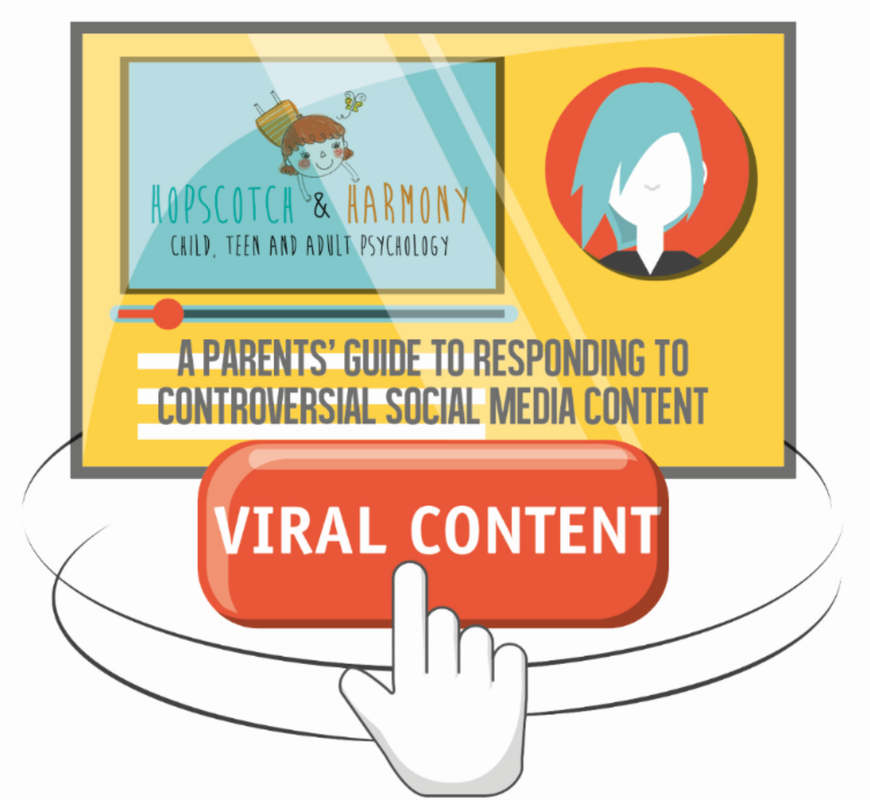 The new year has begun, and already an incident of bad behaviour has gone viral, inspiring public fury and a trial-by-media for the YouTube star Logan Paul. In a video posted on New Year's Eve, Logan Paul and his friends go camping in Aokigahara, unfortunately known as the "Japanese suicide forest", and film themselves discussing and laughing at a deceased person they find. Condemnation was swift and widespread, and Logan Paul had since taken the video down and issued an apology. In doing so, he joins a long list of popular online celebrities that are watched by millions of young people, but only break through to adults when their behaviour generates criticism and outrage. Less than a year before Logan Paul's Japanese outing, Swedish video game vlogger PewDiePie arranged to have "two semi-naked Indian men dancing while holding a banner reading ‘Death to all Jews’” appear on his YouTube channel, which has 59 million individual subscribers and over 4 billion views. Public response was similar, and PewDiePie has returned to vlogging without further problems. Logan Paul himself is following the footsteps of his older brother Jake, who has attracted criticism for posting sexually explicit content and activities including breaching security at the White House in Washington. Meanwhile, machine-generated cartoons depicting popular children's characters in violent and sexual predicaments are spreading rapidly, causing regular outbreaks of parental alarm and media attention. So, let's take a look at what can we do to help children and young people use video media safely, socially, and critically. As always, the first thing is: DON'T PANIC.When a controversial video goes viral, it's easy to get swept up in the reactions of others and simply join the shouting, giving the loudest voices the biggest say for fear of missing out, being left behind, or judged for not reacting. In the case of Logan Paul, some parents are broadcasting their disapproval of the video on social media and, more deliberately, announcing what they're doing to protect their children. While discussions of these issues is important, some of this is virtue signalling - defined in the Oxford Dictionary as "the conspicuous expression of moral values done primarily with the intent of enhancing standing within a social group". The Cambridge Dictionary further explains it as “the popular modern habit of indicating that one has virtue merely by expressing disgust or favour for certain political ideas or cultural happenings”. Social media platforms allow for fast and easy virtue signalling. By publicly denouncing Logan Paul, banning children from YouTube, or declaring they will monitor their child’s every mouse click, these parents signal superiority over other parents and create competition and pressure to follow suit. It can be tempting and simply easier to just go with the majority voice and follow whatever other parents are doing. Resist it. What works for one family or child or parent may not work for another. Children’s' attitudes may change with age, environment, or peers. There is no one-size-fits-all parenting response, because each child is a unique individual, so… DON’T PRESUME YOUR CHILD’S REACTIONSIf your child has watched Logan Paul’s videos or subscribed to his channel, it doesn't automatically mean they agree with everything Logan Paul posts, or that they are even a fan. Anyone who has watched The Bachelor and enjoyed it knows that we can be entertained by content that goes against our values and morals. Psychoanalysts call these “ego-dystonic behaviours”. Lesson time! "Ego-dystonic" refers to thoughts and behaviours that conflict with a person’s ideal self-image. These are impulses or acts that we carry through even though we dislike them and don't want to be associated with them. Some children may find Logan Paul’s videos distressing, offensive, or discomforting, but watch them anyway due to peer pressure, fear of missing out, or morbid curiosity. "Ego-syntonic" is the opposite. These are behaviours and feelings that are in harmony with our identity and ideals. These children may enthusiastically watch Logan Paul’s more outrageous videos in support of their idol (Logan's fans call themselves the "Logang"), may find them genuinely entertaining, revel in schadenfreude (deriving pleasure from another person’s misfortune), watch to see what the fuss is about, or simply can't see anything wrong with the content. Even if that seems unsettling or unfair…. DON’T TELL YOUR CHILD HOW TO FEELChildren are not clones or extensions of their parents. They have their own thoughts, feelings, values and motivations. No matter what you think of Logan Paul, it is important to remember that this isn't about the parents. Every adult has been a child, and we all know a sure-fire way to ensure rebellion is by telling a young person what to do “because I say so”. If a child doesn't understand the reason for a rule or value, they are much less likely to stick with it. What really matters is finding out and understanding how your child feels about Logan Paul, and definitely… DON’T PUNISH YOUR CHILDLogan Paul made a mistake and is being judged in public, not your child. Banning children from an entire social media platform because someone else misused it is counterproductive and punitive. Additionally, children who are banned from something popular online are likely to simply access it through schools and friends instead, with no parental guidance or support. It's very easy to get wrapped up in fears of harmful media leading children astray, but… DON’T ASSUME ALL YOUTUBERS ARE BAD FOR YOUR CHILDGraphic from Juvenoia: Kids These Days For people born last century, it can seem ludicrous that a young person with a camera can become a famous millionaire just by making silly or mundane videos of themselves and posting them online. It can also be confronting to feel disconnected from a younger generation that enjoys these performers and their content, on a new medium that transcends television or radio. Consciously or not, most parents expect, or at least hope, that their children will share their worldview, opinions, and values. For that reason, it can seem like a natural, knee-jerk reaction to ignore, dismiss, or remove something that a child values but a parent doesn’t. So, if your child expresses an interest in something that you dislike or find pointless, fight that urge. Popular YouTubers are peer leaders and role models in the world of social media. Research has consistently shown that children from the age of 8 derive more pleasure from peer relationships than family relationships, and are more easily influenced by friends than by authority figures. This is an important stage of a child's development, as the capacity to develop social bonds outside their family predicts higher rates of overall general functioning and social successes. However, this may mean your child is more likely to admire and listen to the advice of YouTubers than anything offered by their parents or other adults. That can be confronting, but isn't always a bad thing. YouTubers are often creative, productive, and pro-social leaders of change and awareness campaigns. Many are relatable and worthy role-models who are candid with their fans and offer valuable advice on their experience with difficult topics such as mental health and chronic illness. For example, the Draw My Life trend has been cathartic for many people, giving young people an accessible way to understand the lives, struggles, and strength of many others around the world. Other trends are just plain fun! Creating online media content is also a real job, a passion and a legitimate career in a booming industry that could and should be an option for any child today. But there's still bad content on YouTube that my children are exposed to! What now? 5 Things To Do |
The evolution of communication continues online and faster than ever. As the first generation to grow up with online communication as their standard, today’s children have been called “internet natives’. They pass text messages instead of notes, send emails instead of letters, and spend much of their social time in cyberspace. Their favourite entertainers may be on YouTube, not television, and instead of barracking for a football team, they may be keen members of online fandoms (or both!).
Some adults may not feel so comfortable in cyberspace, however. Even parents who use Facebook, Pinterest or Twitter may not feel as excited by online activity as children who never knew the world before social media and streaming video. This technological “generation gap” can create tensions at home, when well-meaning parents attempt to place limits on internet use without fully understanding what it means to their child - essentially grounding them from the cyber playground.
For parents in that situation, it can help to know that behind the weird culture and complex technology of the internet is something old and simple – people communicating, connecting, and forming communities.
Regardless of how someone feels about social media, it is here to stay. It is also important to acknowledge that online relationships are REAL relationships, with scope, depth and feeling. Online media allow people to connect, collaborate, commiserate, and celebrate, and have created global citizens able to share ideas and thoughts instantaneously around the world.
Perhaps most importantly, the internet provides social and intellectual access for people who struggle to fit into their local community, whether that’s due to disability, isolation, or just being a wonderfully weird and atypical human.
Social media is not the enemy.
Most people use the internet respectfully and with good intentions, but some individuals use the mask of anonymity online to victimise others. Common terms for this are “cyber harassment”, “online interpersonal harm” or “internet-related harm”, and can take many forms, such as:
Cyberbullying - using power in a relationship to repeat online behaviour that causes physical and/or psychological harm; this can also take the form of peer pressure in group chats and social media, where peers make someone change their behaviour or do something they don’t really want to do
Unwanted contact - cyberstalking (repeated unwanted contact via online media) and online threats (directly or indirectly making someone afraid for their safety or wellbeing)
Harassment - trolling (being deliberately provocative to make someone angry or distressed), doxxing (releasing private information about someone to make them easier to target), swatting (calling in fake emergencies at someone’s address, causing emergency services and police to attend)
Identity harm- gaslighting (denying someone’s identity or experience to cause them doubt and uncertainty) and catfishing (pretending to be someone very different online, often to gain attention or trust)
Sexual harm - grooming (cultivating a close relationship with someone, usually young and/or vulnerable, with the goal of taking advantage of them), threats of sexual assault, revenge porn, asking for and publishing real or fake pornographic images, and other sexually-offensive behaviour
Unfortunately, this can be the worst option.
Despite some risks, the internet is where many children and teens explore their social lives and make the human connections necessary to healthy emotional growth. Banning a child for being harmed would be like ordering them to stay away from the playground and isolate themselves from friends because they have been bullied.
Study after study has shown that prohibiting teens from using social network sites pushes them to maintain secret accounts. A child who gets punished for disclosing their social media troubles will be reluctant to discuss their online activity with adults, possibly with disastrous results: kids interacting online without the benefit of parental guidance.
Let’s look at some research:
According to the McAfee Digital Deception Study 2013: Exploring the Online Disconnect between Parents & Pre-teens, Teens and Young Adults, most parents shy away from overseeing their children’s networked activities as they feel outpaced by online technology:
- Only 20% say they know how to find out what their child is doing online.
- 74% of parents say they don't have the time or the energy to keep up with everything their child is doing online.
- 72% of parents say they are overwhelmed by modern technology and just hope for the best.
- 66% say their child is more tech-savvy than they are, and they’ll never be able to keep up with their child’s online behaviours.
- This attitude is amplified among parents of tweens!
- 58% of tweens say they know how to hide what they do from their parents, and this number jumps to 65% for teens, and 80% for young adults.
- Nearly half (46%) of the young people indicated they would actually change their online behaviour if they knew their parents were watching.
The worst-case scenario here isn’t your child telling you an adult is asking them for naked photos.
The worst-case scenario is that they don’t.
So, what CAN you do if your child tells you that they have been harmed online?
Part 2: Hashtag You’re It: Parenting tips for responding to online harm.
Categories
All
Abby Elder
ACT
Adolescence
Alyce Galea
Anger
Anxiety
App Recommendation
Apps
Assertiveness
Attachment
Autism
Autism Assessments
Body Image
Book Recommendation
Breathing
Bullying
Burnout
Child Development
Child Safety
Chronic Pain
Cognitive Assessment
Communication
Conflict Resolution
Co-Parenting
Cyberbullying
Deep Pressure
Depression
Dietetics
Discipline
Eating Behaviour
Eating Disorders
Educational Assessment
Emotional Intelligence
Emotion Regulation
Endometriosis
Exam Stress
Fathers
Fear
First Session
Gaming
Gratitude
Grief And Loss
Grit
Growth Mindset
Hilary Sanders
Home Education
Infant Mental Health
Inspirational Quotes
Internet
Internship
Jacob Spinks
Jessica Cleary
Kara Vermaak
LGBTIQA+
Liz Greig
Martha Mulley
Medicare
Mindfulness
Miscarriage
Motivation
New-years-resolution
Nighttime-fears
Nutrition
Occupational Therapy
OCD
Online Counselling
Parenting
Play Therapy
Provisional Psychologist
Puberty
Relationship
Relaxation
Resilience
Sarah Kruse
School
Self-care
Self-compassion
Self-esteem
Self-harm
Sensory Processing
Separation Anxiety
Sex Education
Sexuality
Shame
Sibling Rivalry
Sleep
Social Media
Social Skills
Sport Psychology
Stress
Suicide
Telehealth
Therapy
Therapy Ideas
Tim Walker
Transgender
Trauma
Video Games
Working Memory
Worry



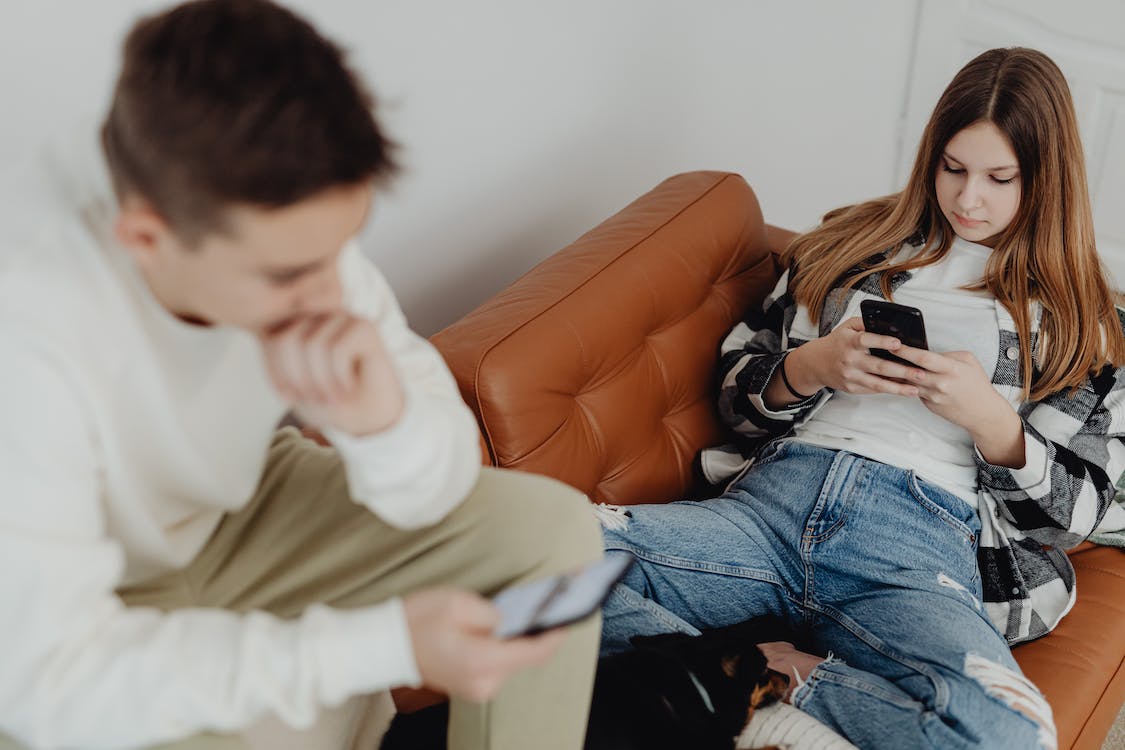
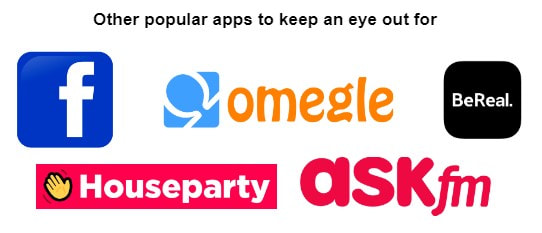


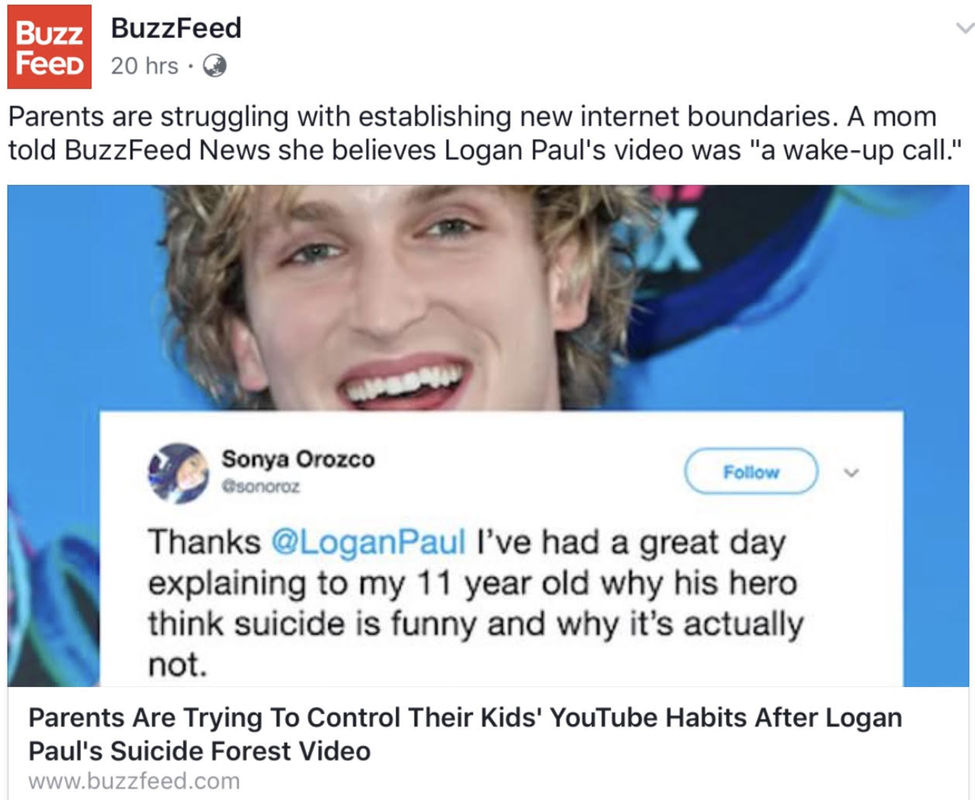

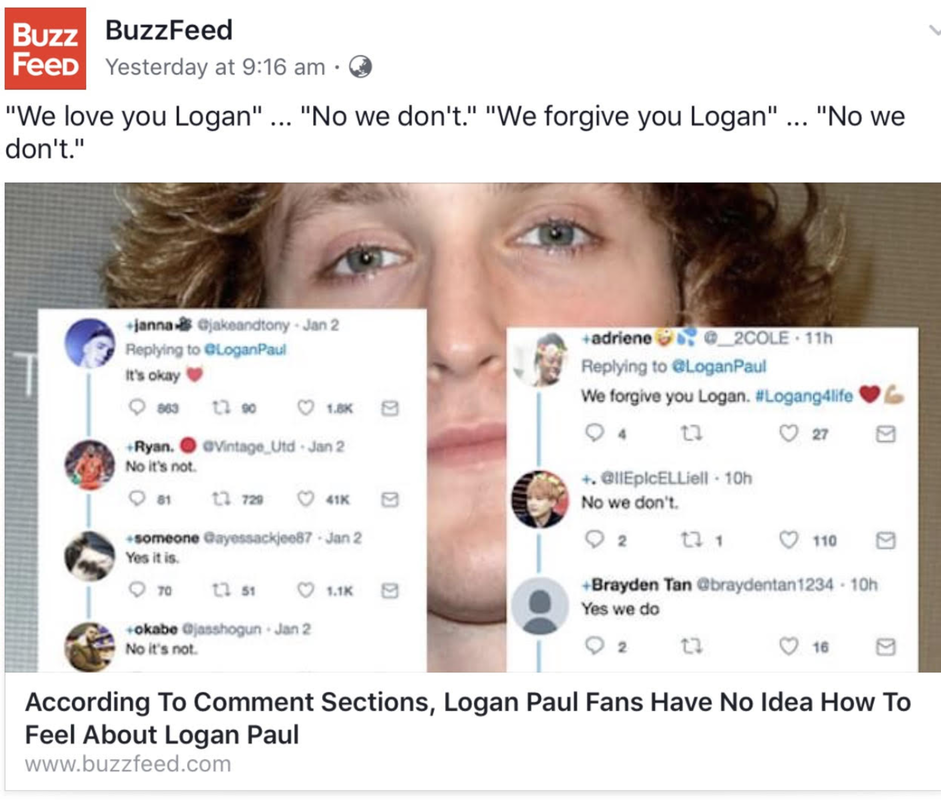
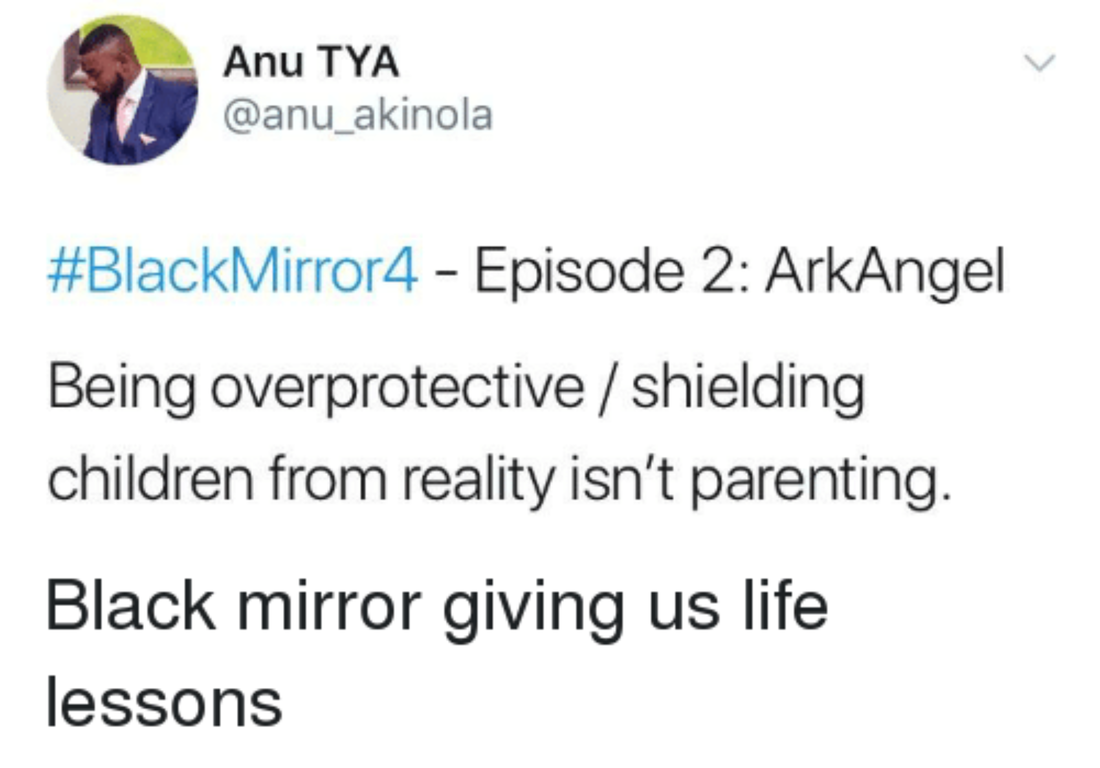
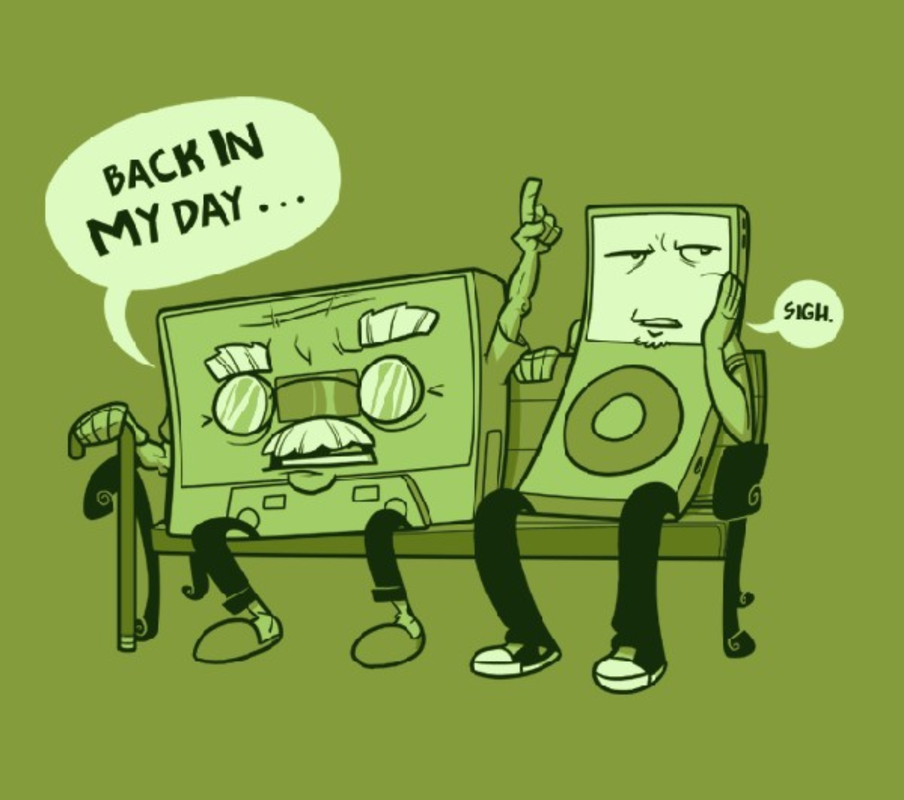
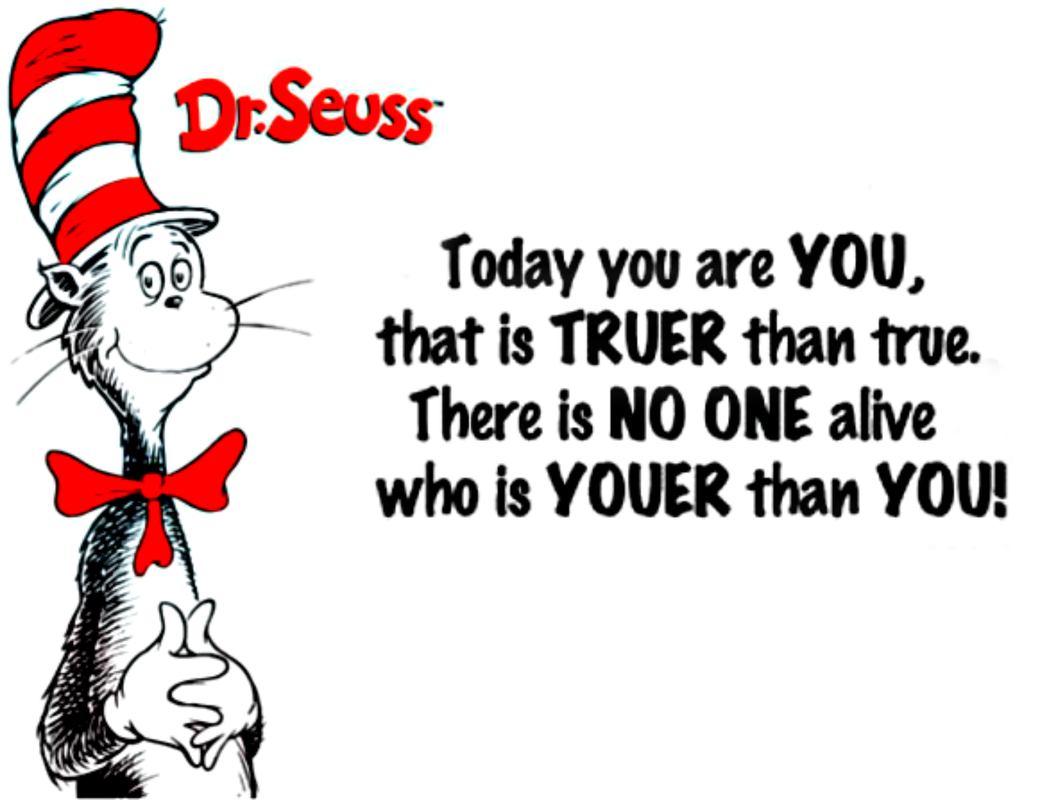
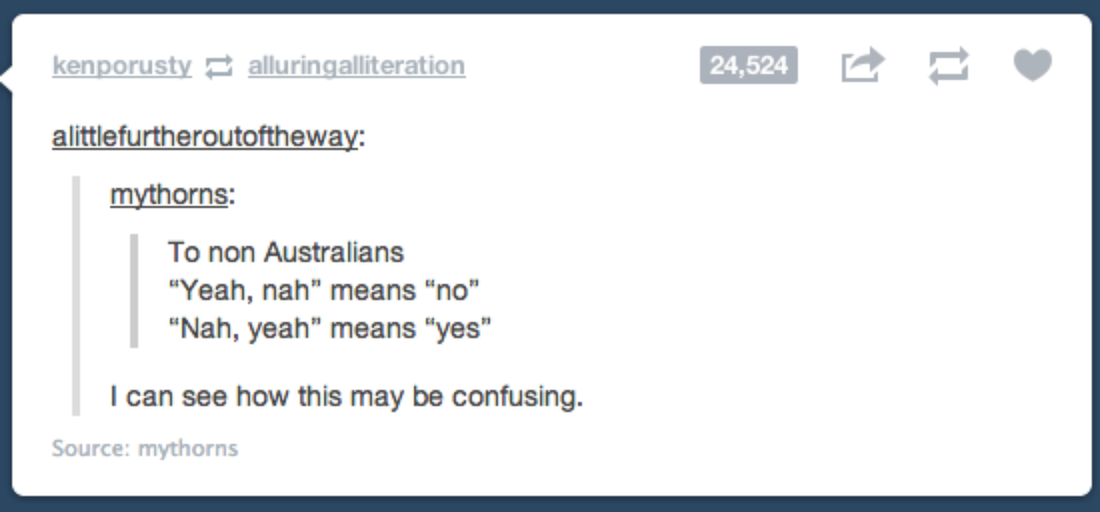
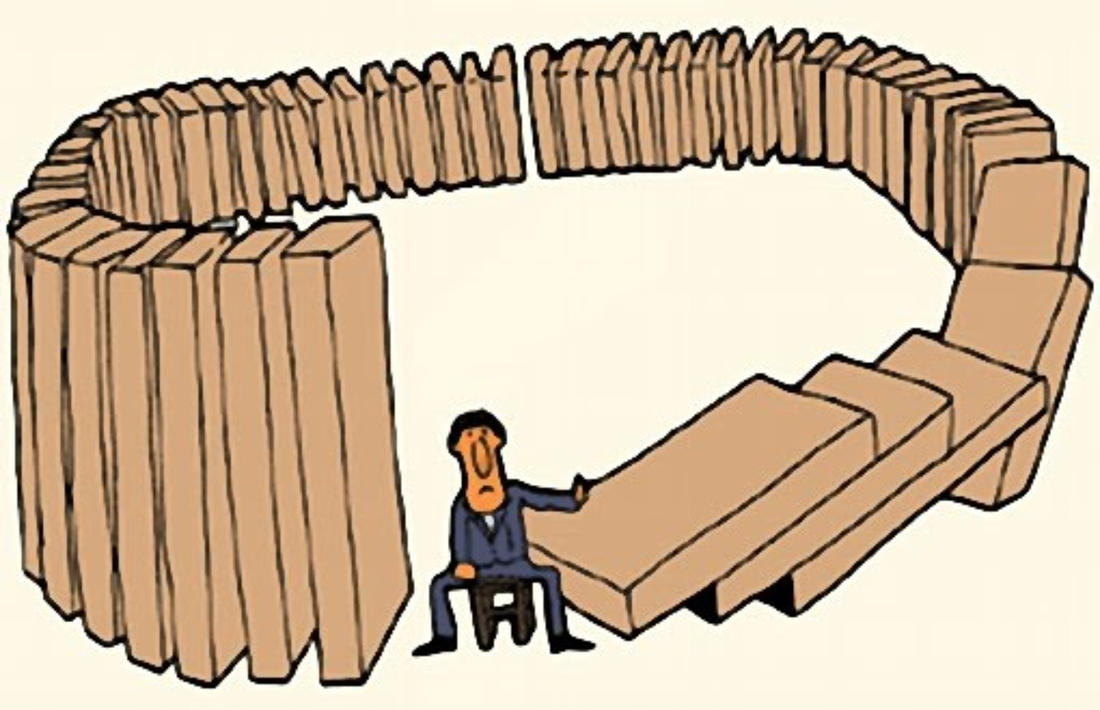

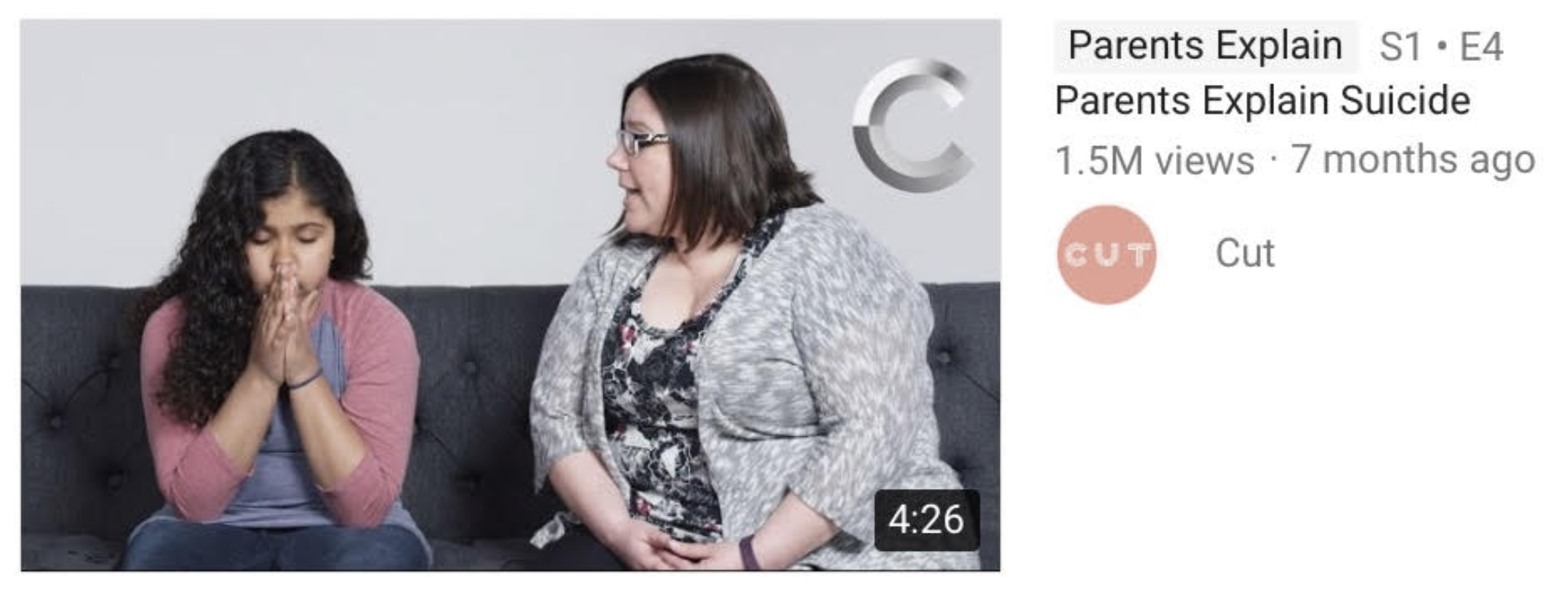
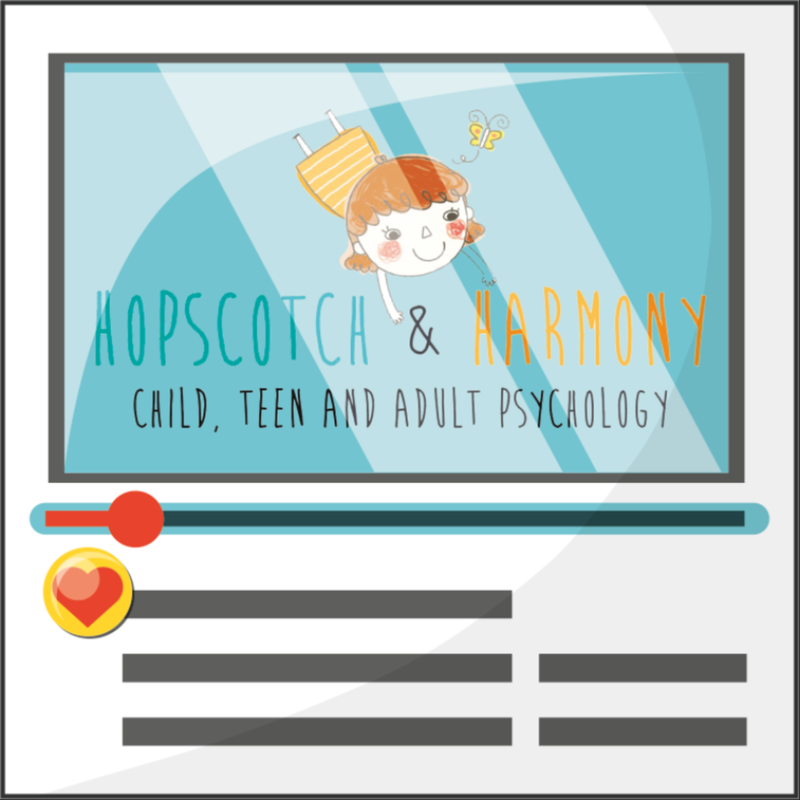

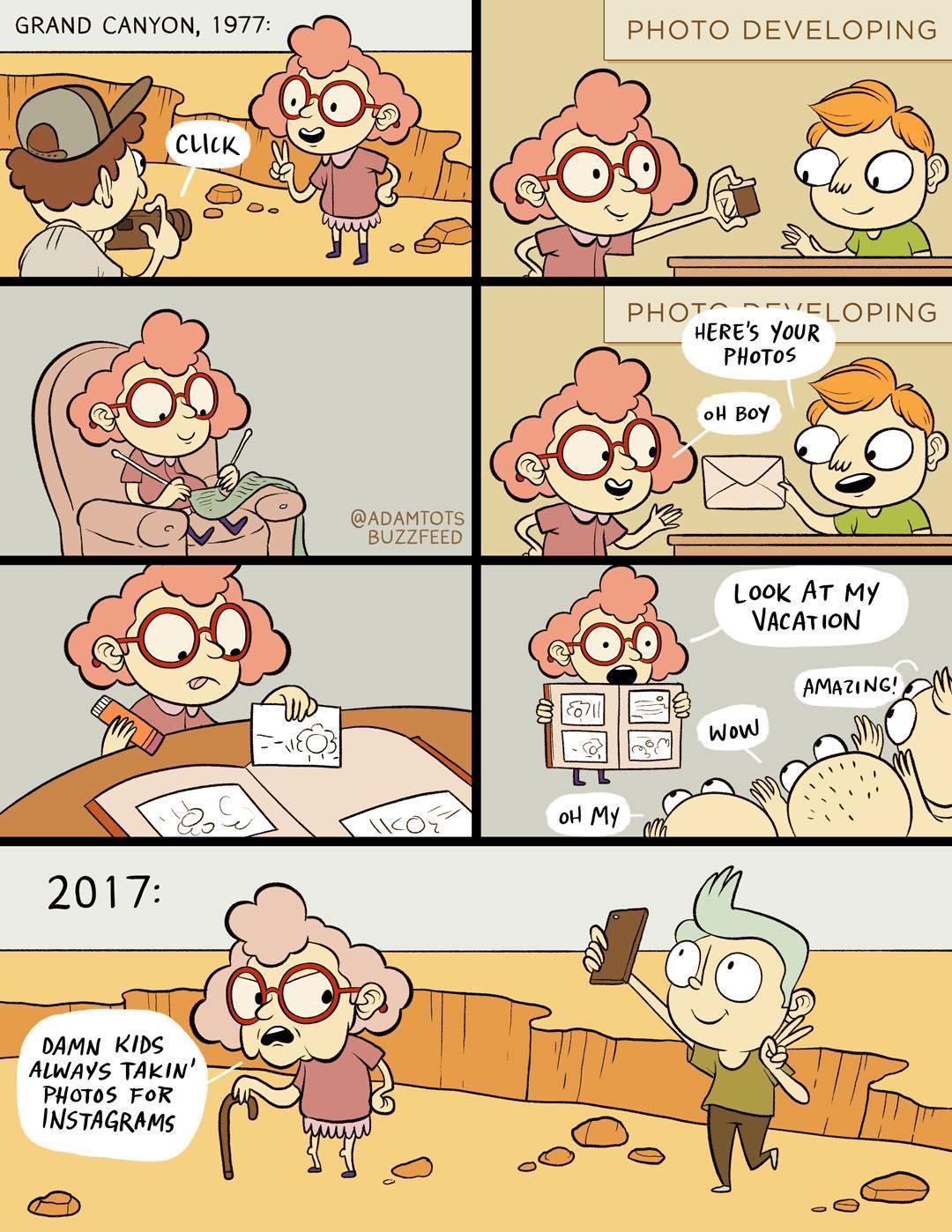
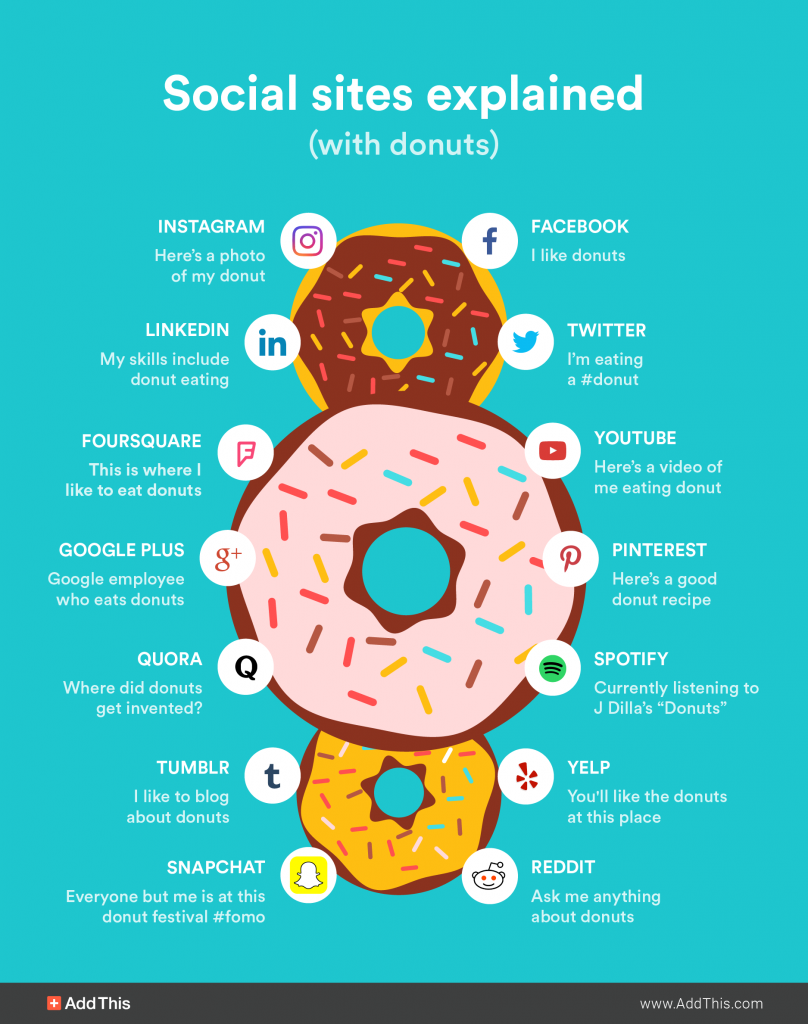
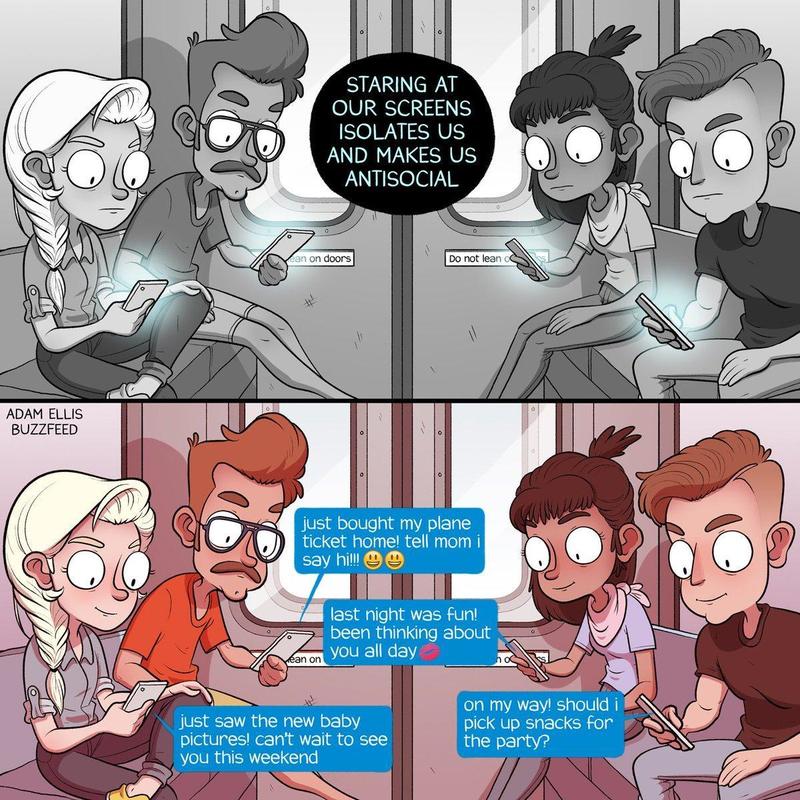

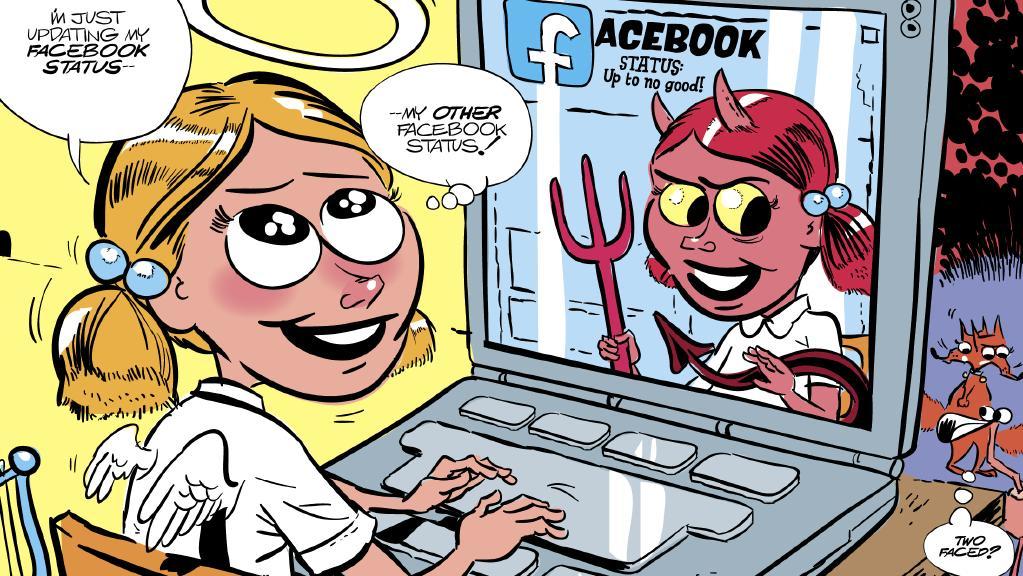

 RSS Feed
RSS Feed
